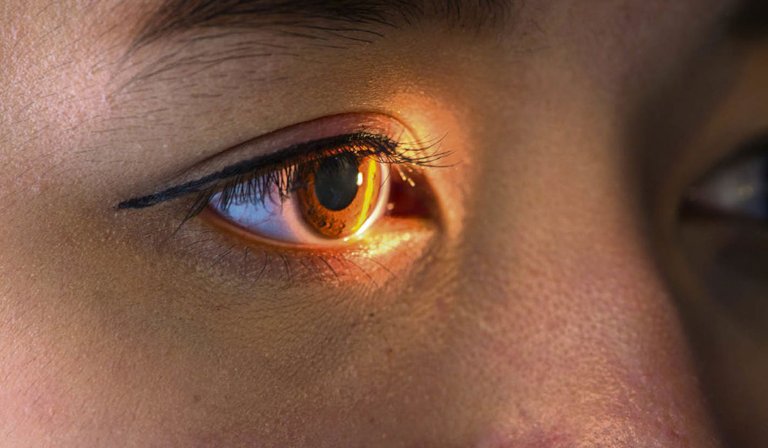
A group of scientists at the University of Oxford used gene therapy to treat one of the most common causes of blindness, which may be the beginning of the discovery of blindness treatment. Scientists have injected one gene into the back of the eye to restore vision by repairing the problem that causes the retinal light to stop in the retina. The experiments were performed by scientists on a group of mice. The results showed blindness in the experimental mice, where they responded again to light beams and were able to see objects that were placed in the cage. More importantly, Al Ain continued to make a specific protein that resurfaced for 15 months after the first injection.
The researchers said in Oxford that gene therapy goes beyond work on retinitis pigmentary. Previous attempts have focused on correcting mutations that cause blindness by killing the cells we need to detect light. The new treatment provides a new technique of repair by working on different cells to perform their work, and this treatment can become available to patients in 5 to 10 years, and the next step is to start a clinical trial to evaluate this treatment in patients. This comes as scientists from the University of Iowa in America are modifying the genes to fix a mutation that contributes to causing glaucoma, by repairing damage to the eyes of mice, which results from glaucoma, and can be translated into humans.